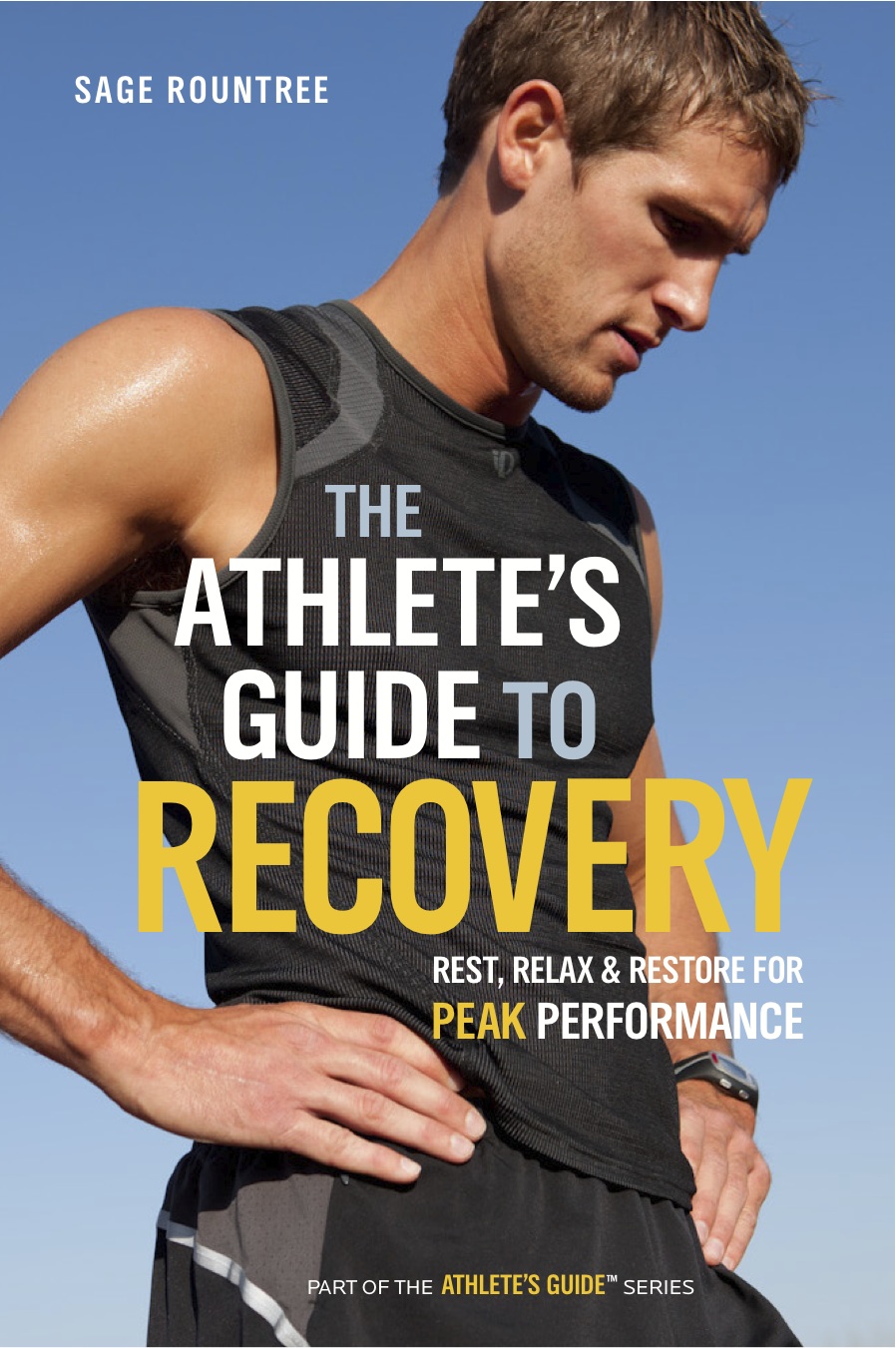 Much of my work is selling the concept of recovery. My weekly Yoga for Athletes classes have a little bit of movement, mostly focused on balance, but the majority of class is an opportunity for Type A athletes to practice being still, quiet, and relaxed. This can be hard, and it’s the most important thing to learn if you want to reach peak performance in sports or in any endeavor. Beyond my studios, my other businesses—Hillsborough Spa and Day Retreat and Carolina Massage Institute—also create space and train skills so folks can help themselves and others relax better.
Much of my work is selling the concept of recovery. My weekly Yoga for Athletes classes have a little bit of movement, mostly focused on balance, but the majority of class is an opportunity for Type A athletes to practice being still, quiet, and relaxed. This can be hard, and it’s the most important thing to learn if you want to reach peak performance in sports or in any endeavor. Beyond my studios, my other businesses—Hillsborough Spa and Day Retreat and Carolina Massage Institute—also create space and train skills so folks can help themselves and others relax better.
And of course, I wrote a whole book on how not to work out, The Athlete’s Guide to Recovery. It includes a chapter on the benefits of massage and the benefits of self-massage with a foam roller. (There, a little bit goes a long way; don’t think more is more, or you’ll wind up aggravating tissues that need time to rest and recover. Pain is not a positive in self-massage!) There’s a new, extreme version of rolling gaining popularity in weight rooms called body tempering. Here, the roller isn’t foam, but steel. I haven’t had the chance to try tempering yet, and I could see how for bigger, heavily muscled bodies it might be useful—and, conversely, for smaller, lighter bodies it might be overkill.
In my recent five-day Teaching Yoga to Athletes intensive at Carrboro Yoga, we discussed this trend and, more generally, recovery modalities for athletes. Here’s a brief clip from the end of a 90-minute recovery yoga practice (hence the relaxed students).
Don’t confuse the absence of a stress stimulus—a 130-pound steel tube on your back, a three-hour run, a five-minute hold of a yin pose—with the presence of adaptation to that stimulus. Just because you aren’t experiencing extreme sensation doesn’t mean you’ve recovered from the stress that led to the sensation. Recovery and adaptation take time. You need faith in the process and patience to let it unfold at its own rate. It’s not glamorous, and you can’t force it. But when you learn to allow it to happen, you’ll be better prepared to achieve your best and perform at the highest levels.
In April 2018, I’ll be teaching a weekend on how to adapt to stress using recovery practices from yoga at the lovely 1440 Multiversity outside Santa Cruz, California. Stay tuned for details when registration opens!

